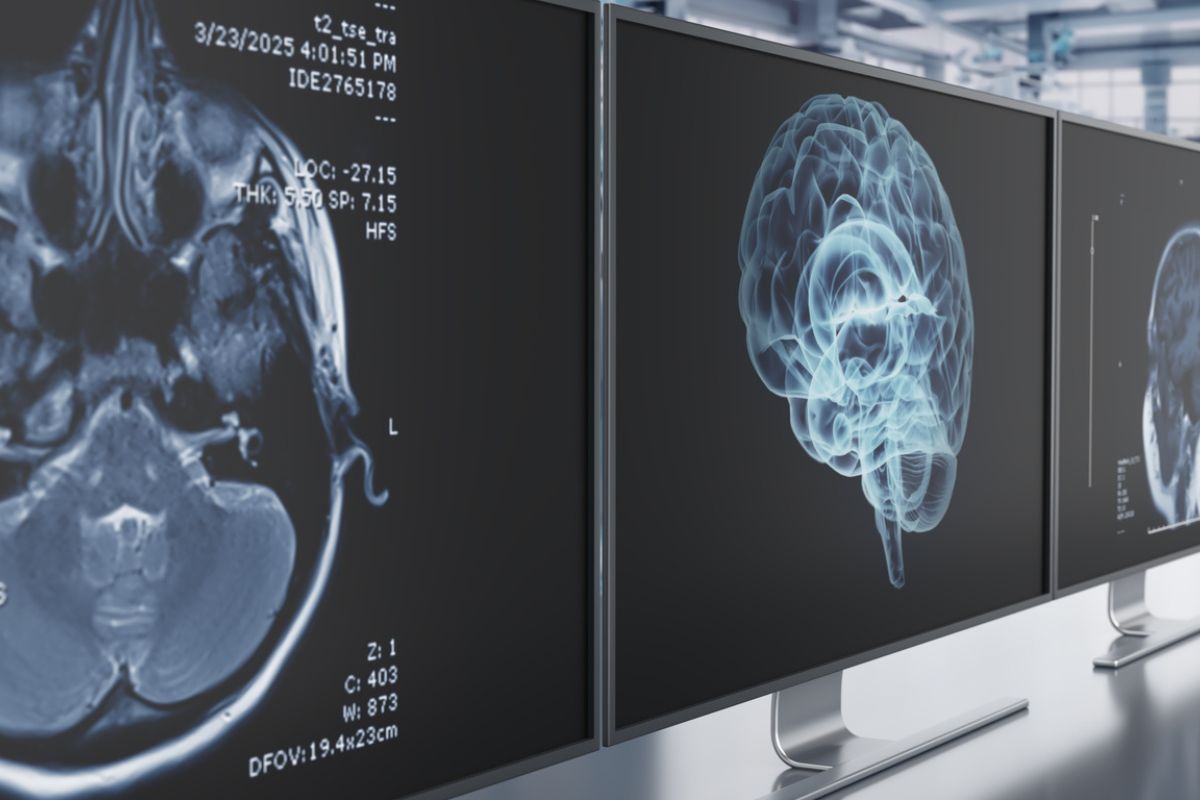Studies suggesting that listening to the music of Mozart can help calm seizures in epilepsy have made some classic–if not classical–mistakes, say the authors of a new NatureScientific Reports meta-analysis.
For decades, research has suggested that the so-called “Mozart effect” could do everything from boosting human intelligence to pumping up milk production in cows to making chicken eggs more delicious.
One especially intriguing hypothesis indicates that the musician’s Sonata for Two Pianos in D major (K. 448) and Piano Concerto No. 23 (K. 488) are able to somehow reduce epileptic activity in the brain. This idea was first proposed in 1990 when some scientific results found that listening to “KV448” leads to an acute decrease in both ictal and interictal epileptiform activity. At least two additional studies went on to successfully replicate the same effect.
Metabolic Syndrome in Epileptic Patients
Preventable Etiologies in Epilepsy
But that theory is out of tune, say the University of Vienna psychologists who reviewed the available body of evidence.
To test the hypothesis of the Mozart effect in epilepsy, the researchers began by digging through decades of literature to see what they could find. After tossing out numerous investigations, because the data was either too thin or the authors didn’t respond to requests for additional information, they were left with eight studies covering 207 people.
Three comprehensive analyses by the researchers concluded that the previous studies did not strike the right note. Findings could not be trusted, they said, because the papers were either too small, too biased, or completely inaccurate. The few isolated cases where the strains of a Mozart symphony seemed to offer some positive benefits for epileptic seizures had been either misinterpreted or misrepresented, the researchers concluded.
“In all, listening to music, let alone a specific kind of sonata, does not appear to have any beneficial effect on epilepsy,” the authors wrote. “Mozart’s music is beautiful, but unfortunately, we cannot expect relief from epilepsy symptoms from it.”
The authors said they had hoped to find that the Mozart effect on epilepsy was real. Having a non-invasive therapy for epileptic seizures would be “desirable,” they said.
“Antiepileptic drugs often cause severe side effects and may have a negative impact on organ functions, fertility, or blood counts of patients. For 30 percent of those affected by epilepsy, drug therapies are ineffective,” they wrote.
Suggestions by some of the studies that Mozart’s KV448 could supplement or replace other treatments when medication or surgery were ineffective, are not sound advice, they advised. In fact, most of the scientific claims about the power of Mozart to change the brain, cow’s milk, chicken eggs, or anything else, are based on relatively thin evidence.
One additional side note from the study: Findings that show Haydn’s Symphony No. 94 exacerbate the symptoms of epilepsy are also unfounded.



